Sustainability in design & architecture
Published: Blog // Published 15.01.2025
Sustainability in design & architecture:
an exclusive interview signed by Ciprian Sipoș, Creative Behavioural Solutions Specialist
Exclusive Inspiring Interviews by PIATRAONLINE.
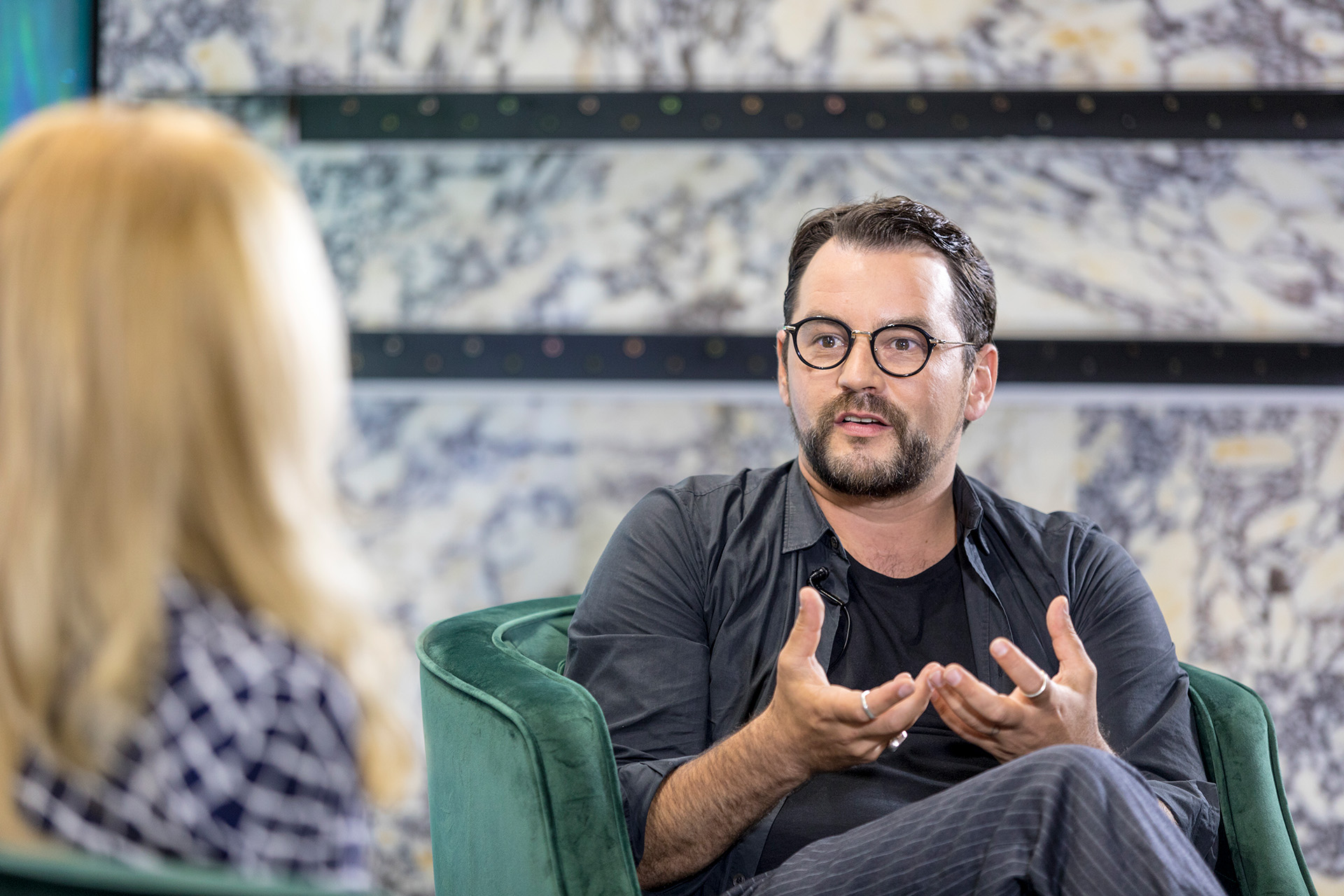
We support sustainably and the people who believe in it and are also making some steps in creating a new mindset around it.
We discussed with Ciprian Sipos, our friend, out inspiration as Zero Waste Thinker - about sustainability in constructions. The full interview, below.
1/ Tell us briefly about yourself. Who is Ciprian Sipos and what does he do?
Ciprian Sipos, employed at Planet Earth, specialized in design based on circular economy, Zero Waste Creative Thinker and creator of games that bring closer and translate the complexity of sustainability. Through the creative formulas he applies, Ciprian reduces carbon footprints, reinterprets waste or materials resulting from demolitions. In construction, through its own creative formulas, he reduces the raw material used, but maximizes the use of surfaces. His projects speak a lot about circularity and especially about the circular lifestyle.
Traceability and sustainability are tools and evaluation methods that he applies in all the projects he is involved in, whether it is in education, construction, workshops or interior and exterior design. It offers consultancy in large projects, where from the concept phase it brings through Zero Waste Creative Mapping formulas, methods related to reduction, experiences that result in awareness, resource efficiency and above all experiences that lead to a final concept that includes applied sustainability, to lifestyle, to built spaces.
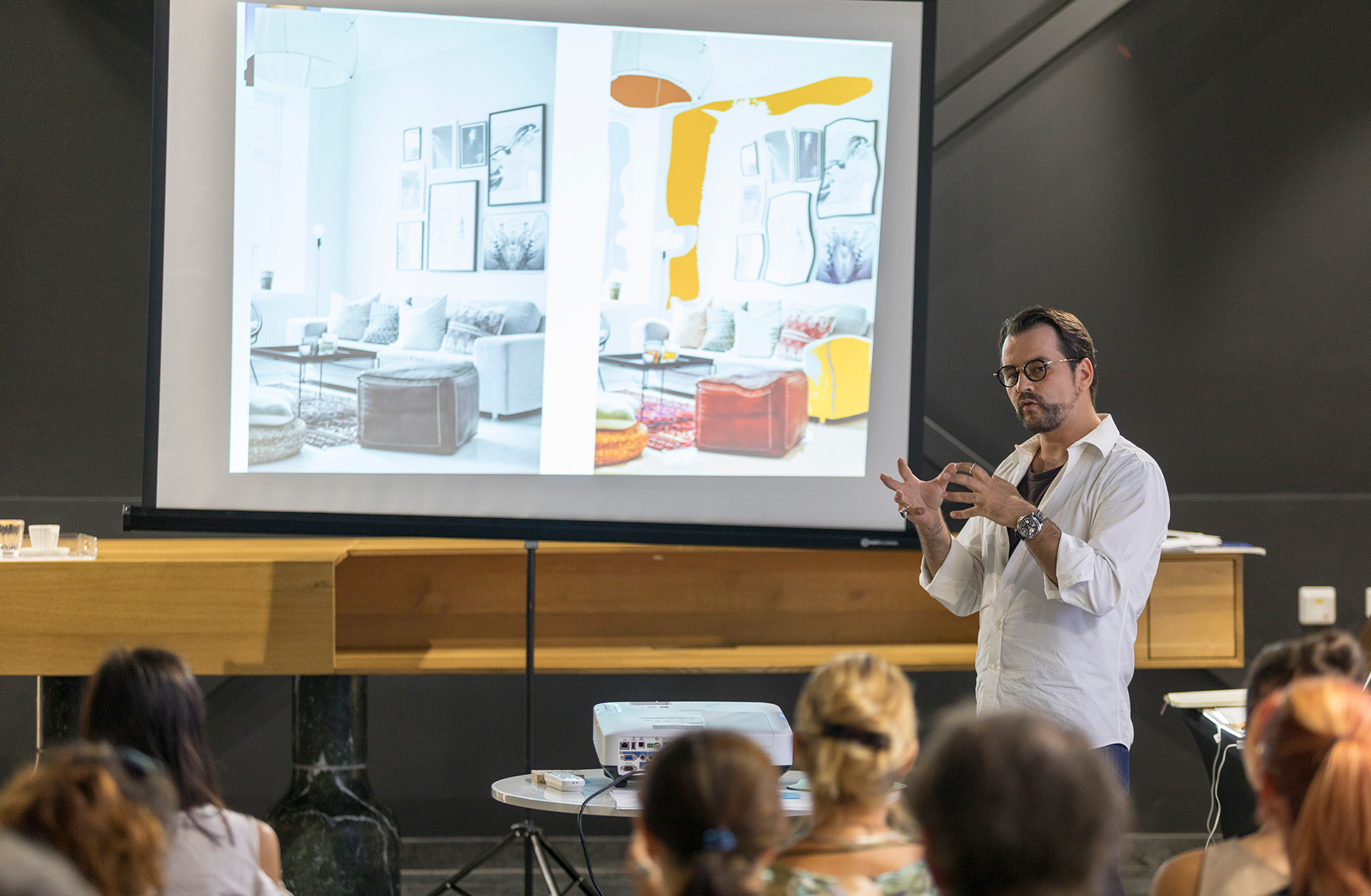
2/ Everyone is talking about sustainability, it's a trendy word.
But what does sustainability in construction actually mean and why should it be adopted by as many people as possible?
Sustainability has unfortunately become a trend, a noise. Sustainability implies support, permanence, life. It would be recommendable to be "permanently fashionable". Sustainability is awareness of resources, respect for nature, without which we would be unable to survive.
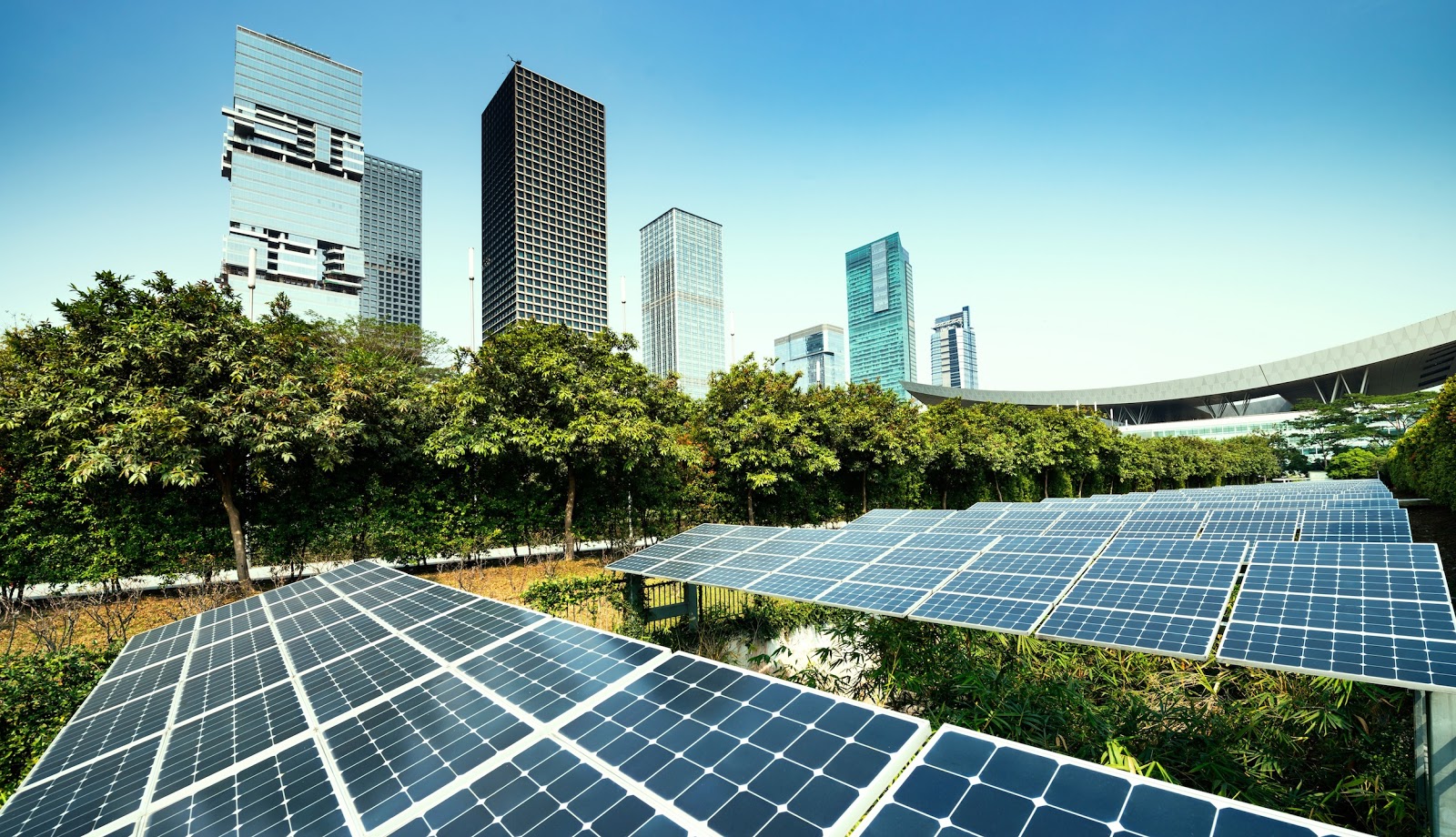
In construction, sustainability is not clearly defined, too many descriptions are allowed, which rather leads to confusion. We still have no clear criteria for using a language to understand project types and what category they belong to. There are good practices and there have started to be certifications that indicate the category to which a sustainable project belongs. From my point of view, sustainability in construction starts from the raw material used, durability, traceability, destination and especially the education that each project shows. Sustainability in construction should refer primarily to materials and their provenance, how they were obtained and what is their lifetime, impact. Sustainability in construction would be durability and environmental impact.
3/ What are the differences between a sustainable house, an energy efficient house and a green house?
A sustainable house is one that uses resources responsibly and efficiently, is devoid of ego, has the right surface, respects the environment and above all, includes a circular lifestyle.
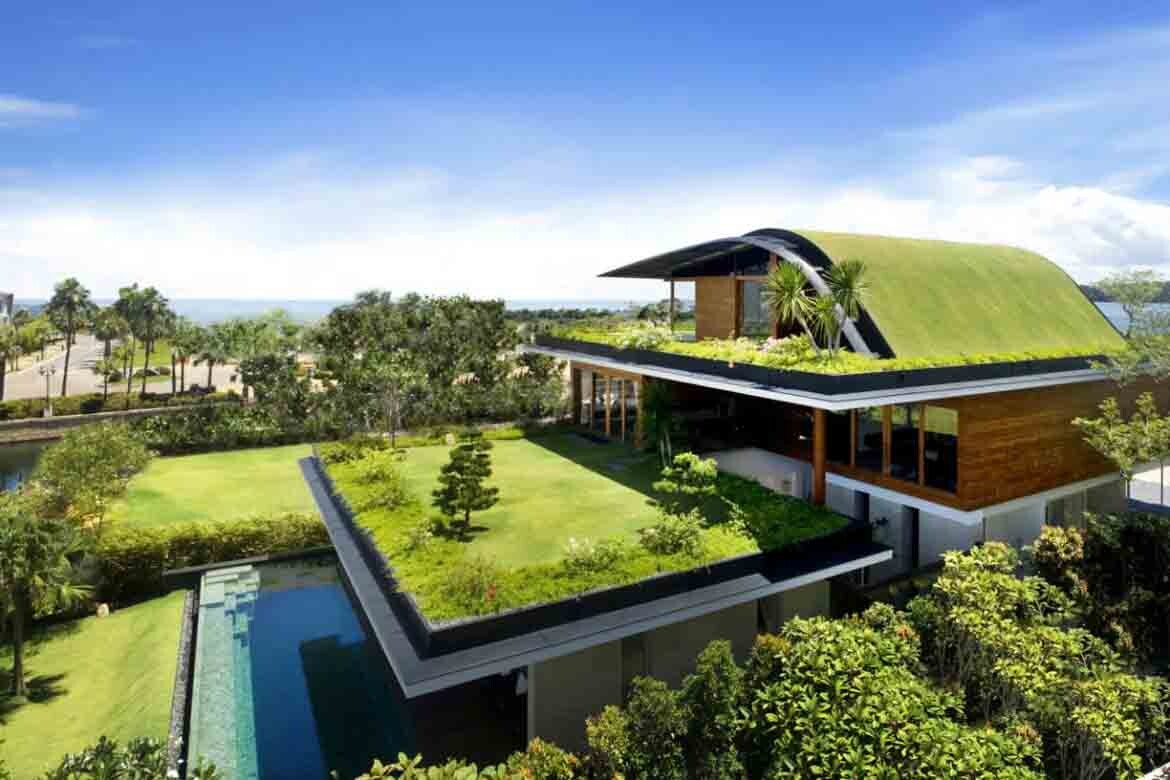
An energy efficient house is one that has low consumption but does not involve the use of eco materials. Here it is more about "hermetization", systems without "leakage" or loss of energy, water, etc. Practically, it has low maintenance costs, reduced consumption to none.
A green house should refer to the use of renewable materials as a source, eco, bio, green materials. Practically, they would be ecological houses, which do not have chemical presence or if they do, it would be extremely reduced. The green house should be the purest, healthiest category, the one that respects the environment, the resource, the working method the most and involves the most efficient circular lifestyle. The most educated of all.
4/ What should a builder pay attention to when choosing his building materials?
To the types of materials used, their origin, what impact they have in the process of obtaining, how is the use indicated, what reaction they have to the weather, the destination and especially how they behave in relation, contact with other materials. As much as possible choose durability when using a material. Be aware of the impact of each material and, as much as possible, seek to learn about sustainability. And most importantly, what it contains, what it was made of and how it was manufactured, the environmental impact. And the list can go on.
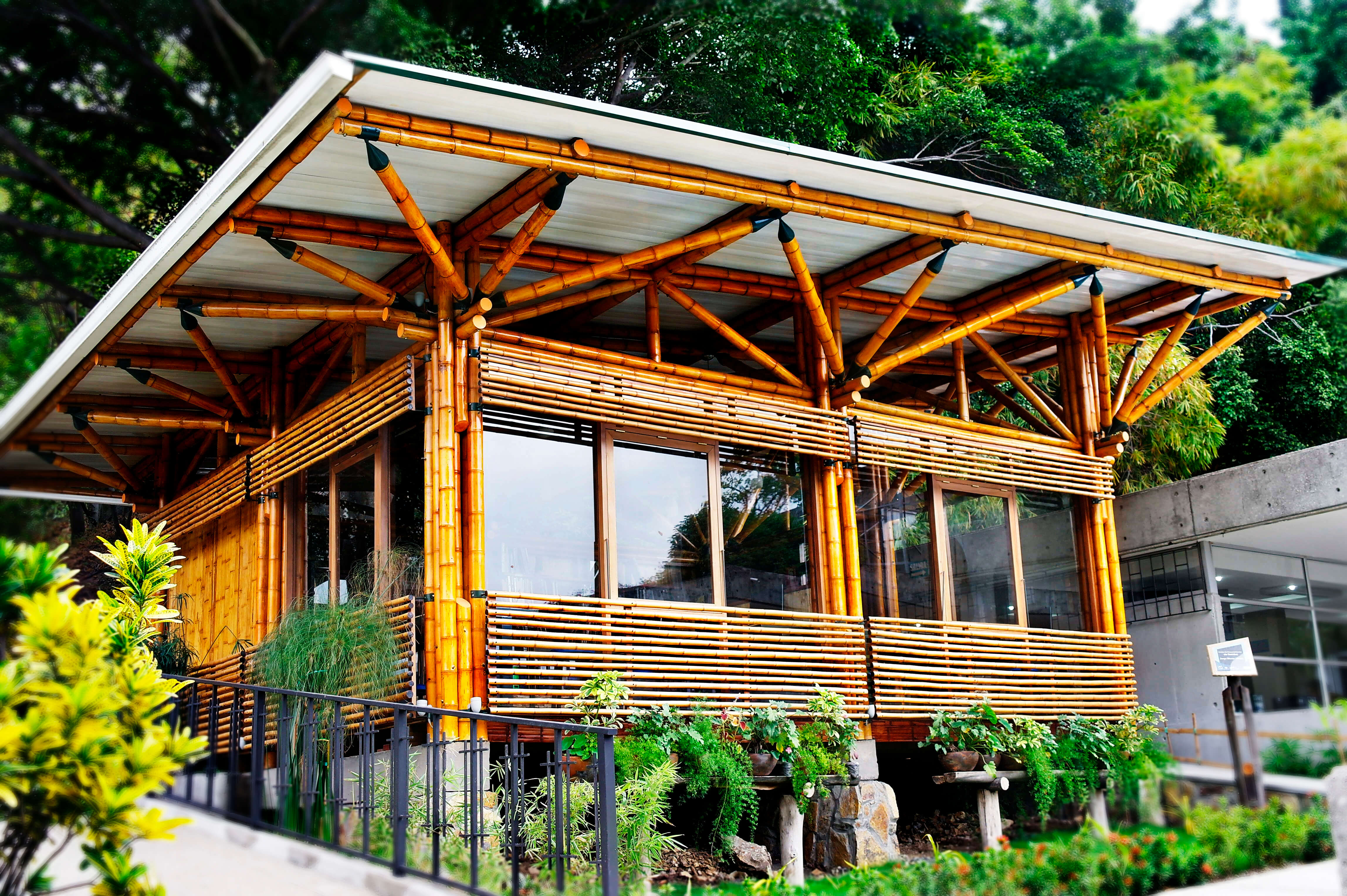
5/ What will be the construction trend in the coming years, how will the construction market transform from the point of view of sustainability?
A very good question. To this question, I believe that the answer or answers are related to: values, what we mean by profit, what we leave behind, how we educate. How much ego, what we invest in.

I think climate change will greatly impact this direction. A trend in construction should be dictated by the project idea that supports the community, invites awareness, brings value and indicates as much as possible the protection of nature and resources. The future should involve innovation, the use of renewables. And especially it would be good to involve gratitude, without it, we are lost.
We need an aesthetic of sustainable constructions and especially clear language, directions, certifications, good practices. There is a need for a "DEX" that shows as clearly as possible what sustainability means in construction. There is much to establish and discuss, but green should only refer to green, naturally obtained materials.
6/ Is the change necessary? Why?
Change is vital if we want a future, it is urgent and above all, in the way we think about sustainability. We need education in sustainability.
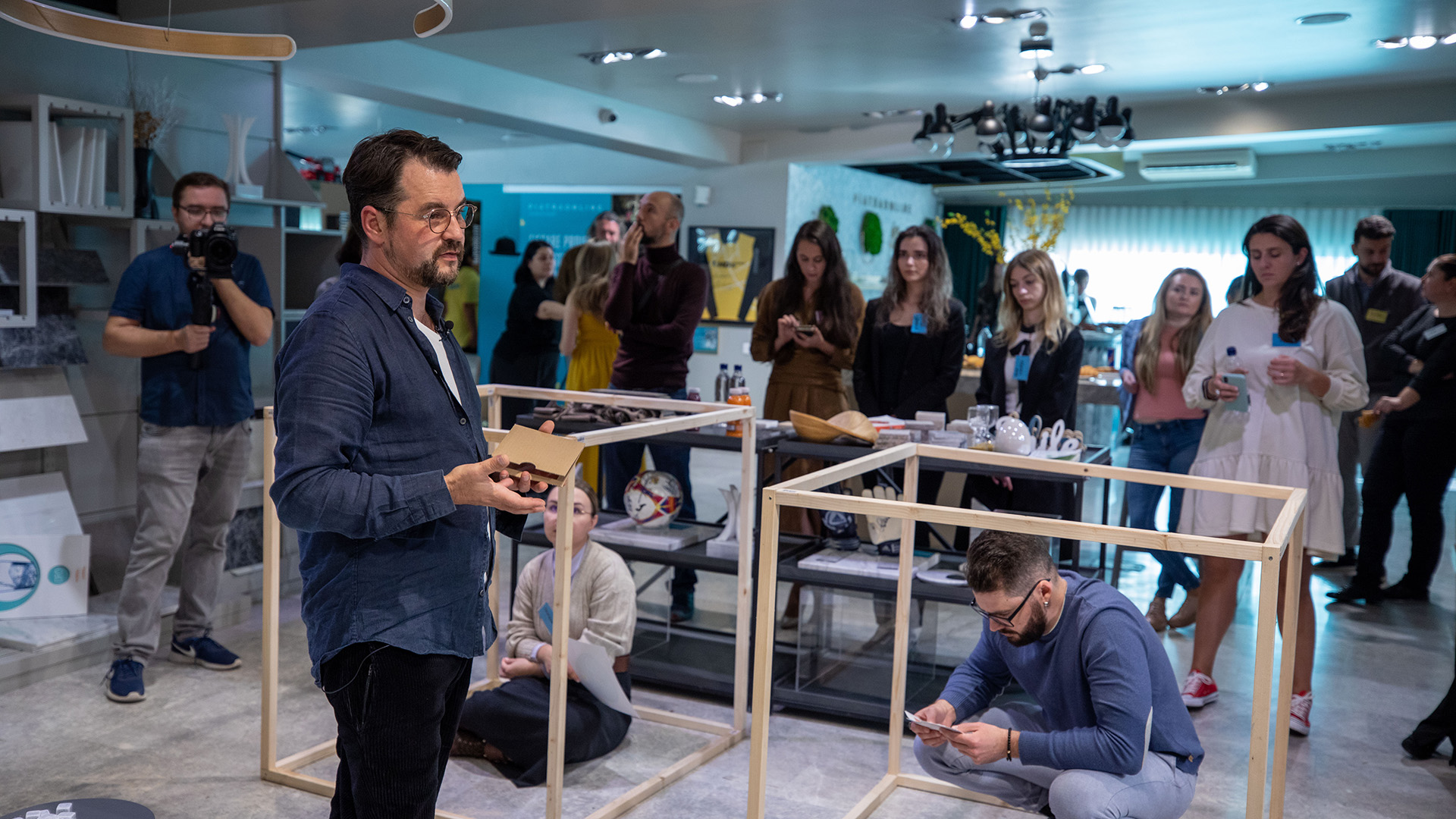
Why? First of all, if we want to leave something for posterity, if we want a healthy lifestyle and especially if we want to feel good about ourselves. It is important to love nature and learn to respect the source of life. No building will stand with a disturbed planet, it's like having the foundation destroyed. You can't build on something that is in the process of being destroyed. And the most important thing is to learn to love the Earth, the first and only basis in everything. Living sustainably should be a way of being.
For the moment there are no comments from our users.
Write a comment or a review!